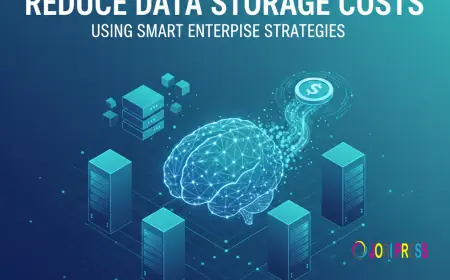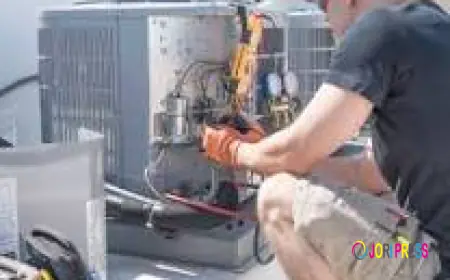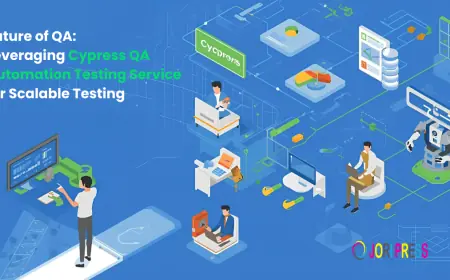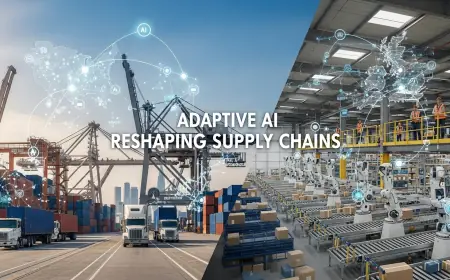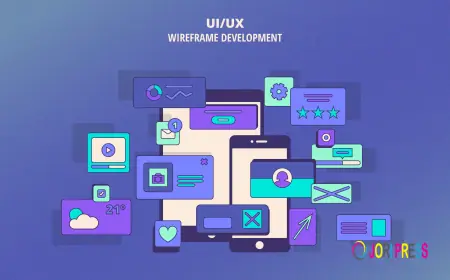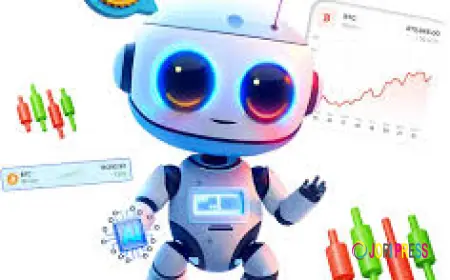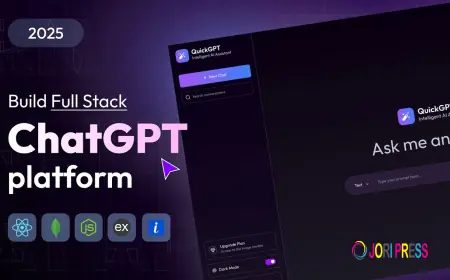How Much Does It Cost to Create Your Own Token?
Curious about token development costs? Explore the factors shaping ERC20, BEP20, and TRC20 token creation. Learn more in our complete guide.
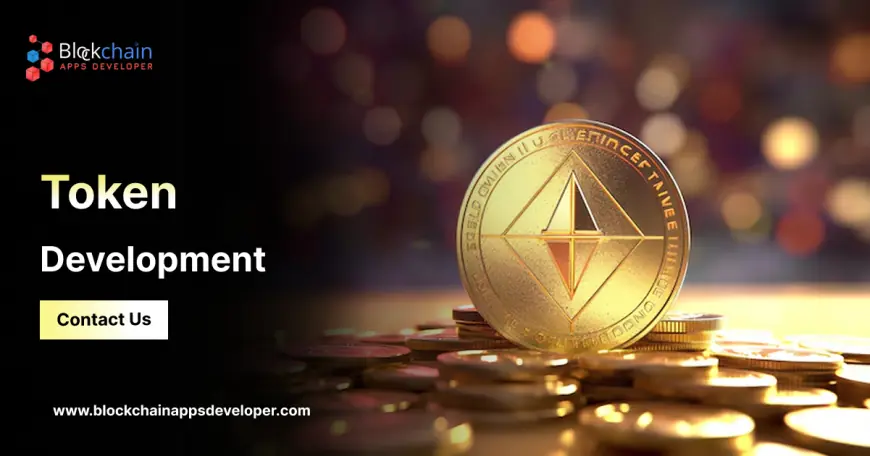
Thinking of launching your own token? That’s an incredible step into the future of finance and technology. Tokens are no longer just buzzwords in crypto circles; they’ve become the backbone of decentralized apps, fundraising models, and even communities. But let’s be real: the first question almost everyone has is, “Okay, but how much does it actually cost to create a token?”
The short answer? There isn’t one. Token development isn’t like buying something off the shelf with a neat little price tag attached. Instead, it’s a process with many moving parts, each of which affects the final investment. Think of it like building a house, you can’t just ask, “How much does a house cost?” without knowing where it’s built, how big it is, what materials you’re using, and how much customization you want. The same logic applies here.
So, let’s take a step back and walk through everything that goes into token development. By the end, you’ll see why costs vary so much and, more importantly, how you can make smart, future-focused decisions about your project.
The Big Picture: It’s More Than Just Code
Many first-time token creators assume the cost is mainly about writing a smart contract. That’s like thinking the only expense in building a house is pouring the foundation. In reality, launching a token is an investment in technology, security, compliance, and community trust.
Imagine you’re building a house. The foundation (your token’s code) is critical, but you also need plumbing (security audits), permits (legal compliance), and curb appeal (marketing and branding). Skip one of these, and you’ll end up with a house that doesn’t last—or worse, one that collapses.
Token development is the same. Yes, you need a smart contract, but you also need to make sure it’s safe, compliant, and part of a bigger plan for growth.
Breaking Down the Factors
Now let’s dive into the main factors that shape how much you’ll need to invest in your token project.
1. Development Complexity
Not all tokens are created equal. Some are as simple as a basic digital asset that follows an existing standard. Others come loaded with unique features that require advanced coding and testing.
-
Standard Tokens: These follow a template (like ERC20, BEP20, or TRC20). They’re straightforward and relatively faster to create.
-
Custom Tokens: Maybe you want staking rewards, governance features, or a burning mechanism that gradually reduces supply. Each of these adds layers of complexity. More complexity means more development time, more testing, and ultimately, more investment.
Think of it like ordering coffee. A plain black coffee is quick and simple, but if you want a triple-shot, half-decaf, oat milk latte with caramel drizzle… well, that’s going to take a little more time and effort.
2. The Blockchain You Choose
The platform you choose for your token plays a huge role in shaping overall costs. Each blockchain has its own strengths, ecosystems, and fee structures.
ERC20 Token Development (Ethereum Network)
Ethereum is the pioneer of smart contracts and remains one of the most widely used platforms for token development. If you’ve ever interacted with DeFi projects or NFTs, chances are you’ve seen ERC20 tokens in action, which is why ERC20 token development continues to be the go-to choice for many projects.
-
Why Choose It: Ethereum’s huge ecosystem and developer community make it a trusted option.
-
Things to Know: Gas fees (transaction fees) can be unpredictable and sometimes high. That variability is something to factor in.
BEP20 Token Development (Binance Smart Chain)
Binance Smart Chain, now called BNB Smart Chain, has exploded in popularity for one big reason: it’s often more cost-efficient to use. Many projects exploring BEP20 token development appreciate its compatibility with Ethereum-based tools, while also enjoying faster transactions.
-
Why Choose It: Lower transaction fees and faster confirmations make it appealing, especially for startups and projects targeting a wide audience.
-
Things to Know: While it’s compatible with Ethereum tools, it doesn’t have the same level of decentralization as Ethereum.
TRC20 Token Development (Tron Network)
Tron is another strong contender, especially for projects that want to minimize transaction costs. Thanks to its extremely low fee structure and high throughput, TRC20 token development has become increasingly attractive for businesses focused on payments and cost-conscious users.
-
Why Choose It: Extremely low fees and high transaction speed make Tron a compelling choice for cost-conscious projects.
-
Things to Know: While it may not have Ethereum’s massive ecosystem, it’s increasingly popular for specific use cases like payments.
Choosing the right blockchain is like choosing the city where you build your house. Some cities are more expensive but come with great infrastructure and prestige, while others are more budget-friendly but may have fewer amenities.
3. Security Is a Must, Not an Option
Here’s one area where you cannot afford to cut corners: security. Once your token is live, it’s exposed to the world, and that means it could be targeted by hackers.
That’s why a smart contract audit is non-negotiable. An audit is like having a professional inspector check your house before you move in. They’ll look for cracks, leaks, and potential hazards that could cause disaster later.
The cost of an audit depends on the complexity of your smart contract. A simple token with standard functions might be quicker to audit, while a token with custom mechanics will require a deeper, more time-consuming review. But skipping this step? That’s like moving into a house without ever checking the wiring; you’re asking for trouble.
The “Hidden” Costs You Need to Know About
Even if your token is technically sound and secure, there are additional investments you’ll need to plan for. These don’t always come up in early conversations, but they’re just as important.
Legal & Compliance
Regulations around tokens vary from country to country, and they’re constantly evolving. Having legal experts on your side ensures your token doesn’t run into issues later. This isn’t just about avoiding fines, it’s about building long-term trust with your community and investors.
Beyond the Launch
Creating the token is just the first chapter. To keep your project alive and thriving, you’ll need to invest in:
-
Marketing & Branding: Building awareness so people actually know about your token.
-
Community Management: Keeping your supporters engaged, informed, and excited.
-
Future Upgrades: Blockchains evolve, user expectations change, and sometimes bugs get discovered. Planning for ongoing development ensures your token stays relevant.
In short, think of your token like a business, not a one-off project. The launch is the grand opening, but the real work begins afterward.
Why Choose BlockchainAppsDeveloper for Your Token Development?
At BlockchainAppsDeveloper, we know how overwhelming all of this can feel. You’re not just asking, “How much will this cost?” you’re really asking, “Who can I trust to guide me through this?”
We’ve helped countless projects bring their token visions to life, whether through ERC20 token development, BEP20 token development, or TRC20 token development. What sets us apart isn’t just our technical expertise, it’s our commitment to transparency, security, and client success.
When you work with us, you’re not just hiring developers. You’re partnering with a team that:
-
Prioritizes security through thorough audits and adherence to best practices.
-
Values clarity, keeping you informed at every step.
-
Understands the big picture, from compliance to community growth.
Our role is to simplify the complexities so you can focus on your vision. And when it comes to costs, the best way to get a precise answer is to have a conversation with us about your unique goals and requirements. Every project is different, and your token deserves a customized approach.
A Final Thought
At the end of the day, asking, “How much does it cost to create a token?” is like asking, “How much does it cost to start a business?” It depends on your vision, your goals, and how far you want to take it.
The key is not to focus solely on the initial cost, but to consider the long-term value. Your token isn’t just a digital asset; it’s the foundation of a community, an ecosystem, or even a movement. And that’s worth building with care.
For more information:
? Email: [email protected]
? Call/WhatsApp: +919489606634
What's Your Reaction?
 Like
0
Like
0
 Dislike
0
Dislike
0
 Love
0
Love
0
 Funny
0
Funny
0
 Angry
0
Angry
0
 Sad
0
Sad
0
 Wow
0
Wow
0








